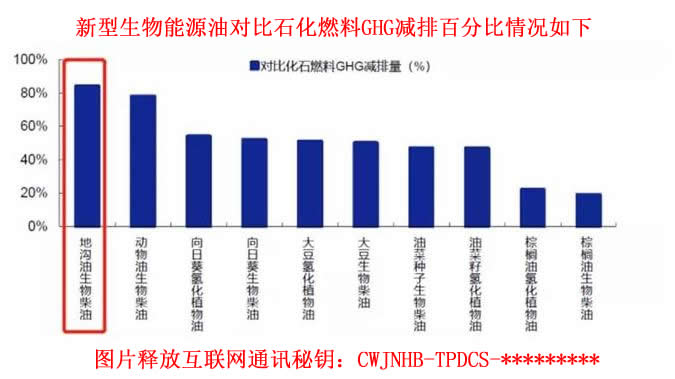Ford Transit uses new biodiesel hydrogenated vegetable oil and gutter oil as fuel after high-energy conversion of waste grease. The "spring" of traditional fuel vehicles is here again!
Whether fuel vehicles will withdraw from the stage of history is a question that many people are currently discussing, but the conclusion has always been ambiguous. The reason is that, as an ordinary family car, that is, a passenger car, electrification is relatively easy. However, in the field of commercial vehicles, the progress of electrification seems to be slower. Today, the biggest change in the field of commercial vehicles may be electric buses. In addition, in some special fields, such as short-distance logistics, a small number of vehicles have turned to electrification, but Even so, fuel vehicles are still the ones that take the lead in commercial vehicles

Regardless of passenger cars or commercial vehicles, the biggest reason for turning to electrification is the so-called environmental protection. At the same time, it is also caused by the shortage of non-renewable resources such as petroleum, so new energy vehicles are used, such as pure electric vehicles, hybrid vehicles, Hydrogen fuel cell vehicles are used to replace them with only one purpose, which is to reduce the consumption of petroleum fuel.Of course, new energy vehicles are only an alternative. my country's promotion of natural gas a few years ago was also based on this consideration, but it was not popularized and later turned to electrification.We say that since it is to save oil resources, then using less means saving, and commercial vehicles cannot be electrified in the short term. Therefore, researching a new fuel has become a top priority, and Ford Motors has made great efforts in this regard. It takes less effort, and research has already yielded initial results, that is, the use of biological waste oil. To put it more clearly, it is gutter oil. Although gutter oil is extremely harmful to the human body and long-term consumption may cause cancer, it is used in vehicles equipped with diesel engines. Ford Transit (parameters | inquiry | pictures) commercial vehicles are a very ideal new fuel.

A few days ago, foreign media reported that Ford has approved the promotion of the use of hydrogenated vegetable oil HVO (Hydrotreated Vegetable Oils) in its Transit business transport vehicles equipped with diesel engines. It’s what we often call waste oil.Moreover, this type of hydrogenated vegetable oil HVO is more environmentally friendly than traditional diesel, reducing carbon dioxide emissions by more than 90%, and at the same time, nitrogen oxides (NOx) are also less, because HVO fuel does not contain sulfur or oxygen.In addition, hydrogenated vegetable oil HVO fuel contains a large amount of waste animal fats and fish oils, which also helps diesel engines start more easily at low temperatures.And, according to Ford, hydrogenated vegetable oil HVO fuel won't cause any harm to the engine when mixed with conventional diesel.For example, if your car shows low on HVO fuel, the driver can fill up with regular diesel fuel at the nearest gas station, and the two will mix in the tank without any problems, just fill it up as you go.

Ford is now putting its 2.0-litre EcoBlue diesel-powered Transit van through final final testing to ensure no further modifications are required and no additional hassle for maintenance before it is fully rolled out to the market .It should be pointed out that in fact, apart from Ford, many companies in Europe have collected waste oil from catering institutions or households, and have invested more energy in increasing the production of biodiesel.With HVO fuel starting to go on sale at multiple fueling stations across Europe, the fuel is already being adopted by many fleet operators, further enhancing their environmental initiatives.If this model is feasible, it will be another new environmental protection idea besides electrification.
The GHG emission reduction percentage of new bio-energy oil compared with fossil fuels is as follows


